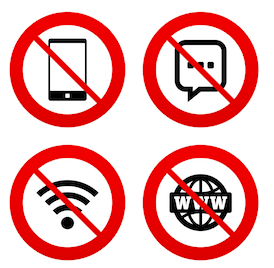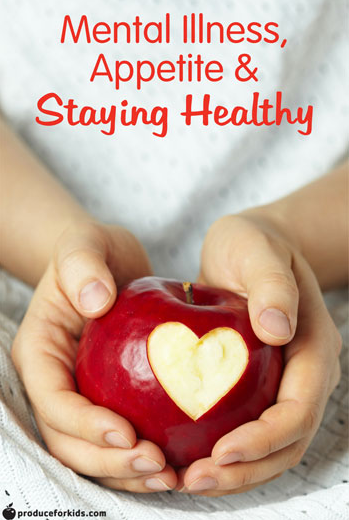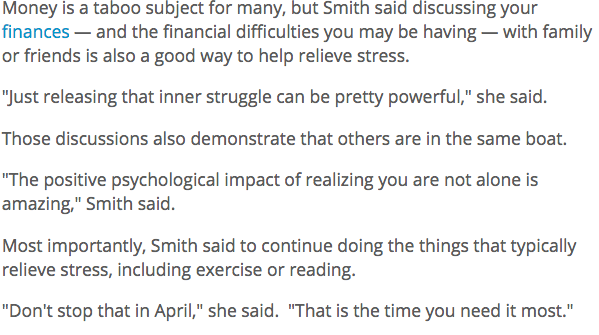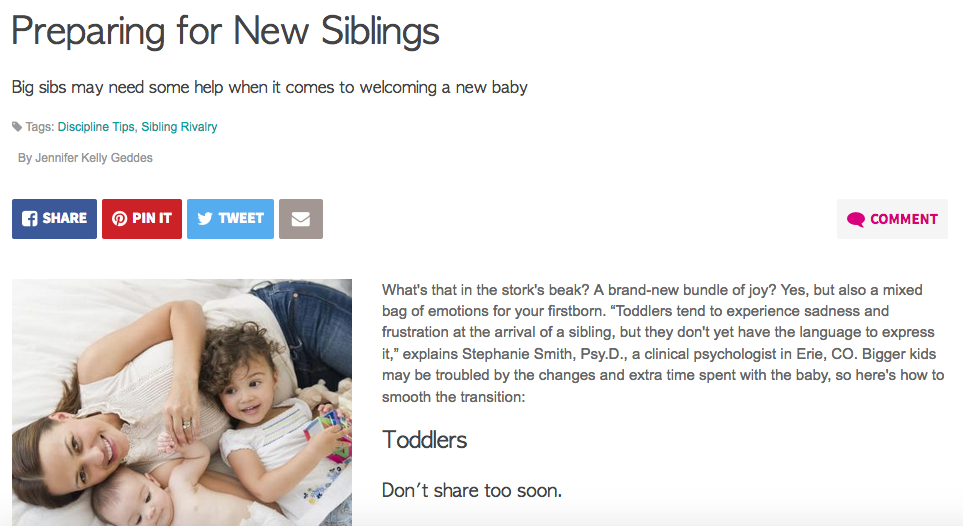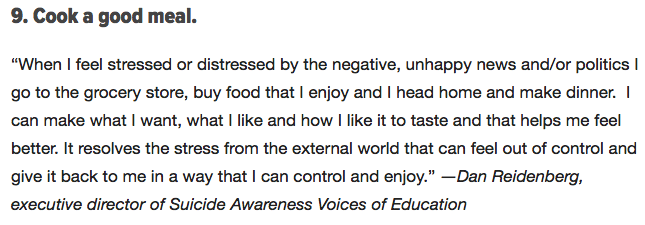Disclaimer: This article was originally posted in June 2013. When I re-read it recently, I thought it was worth re-posting. I was also struck but just how much MORE we are all plugged in these days – just four short years later. Who knows where we will be four years from now – but my hope is that we all retain the ability to unplug and connect with the the people and things around us. At least once in a while.
Have you taken your summer vacation yet? If not, you may find yourself pondering this very question: Should I stay plugged in, or go all-in and un-plug the world? I was having this debate conversation just last night. Are vacations better if they are completely un-plugged? Is it even possible? Will my vacation be more beneficial if I don’t check my email, voicemail, Facebook, Twitter, Instagram and beyond?
What about when I return: Will the re-entry to my “real†life be more difficult if I have a week or two worth of messages waiting for me?
Here’s my take:
Vacations come in all shapes and sizes. There’s the quick weekend getaway, the family reunion trip, the sightseeing/cultural trip, the boy scout camping trip, the Disney World trip and the long, lazy summer trip. It might be no big deal to stay plugged in (meaning checking voicemail, email, etc) on short trips like weekend getaways. In fact, staying plugged in to the “real world†might be the only thing that gets you through kid-focused trips (like to Disney) and can provide excellent excuses for escape on family reunion trips.
Camping trips and long, lazy summer trips are different in my book. These vacations should most certainly be experienced un-plugged. These types of trips are meant to be savored and should be a complete change of pace from your normal life. We can’t be expected to truly un-wind, re-group, and relax if we are constantly updating Facebook or responding to customer inquiries. Sand castles and s’mores are meant to be relished – and who can do that while responding to email?
